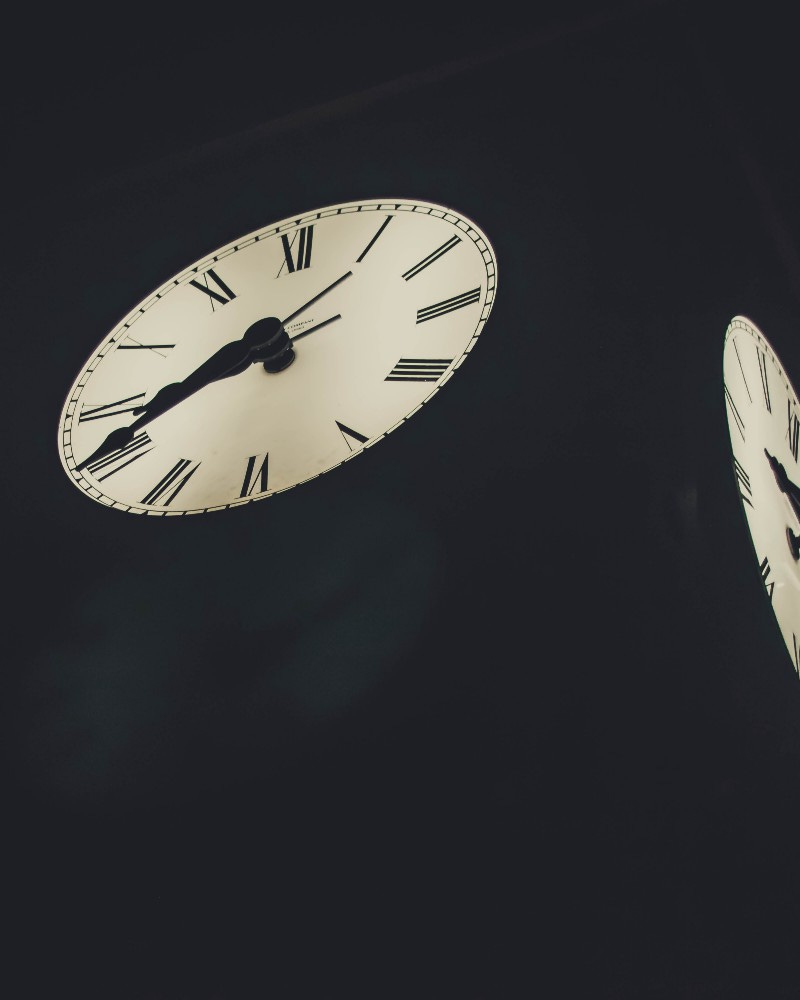
Note: If you enjoy this article, please share it with others. Easy links to social media are available.
Today’s climate discussion seems to be caught between two critical points of view. On one hand, people are saying that Earth and humanity are already doomed. We can’t turn the tide, temperatures have already risen too far, and the feedback loop cannot be stopped. The inevitable outcome is a climate catastrophe.
On the other hand, people write that we can still avoid the worst effects of climate change. They argue that meaningful action can still have an impact and we should be working toward it as quickly as possible. The underlying notion is that we don’t have to face climate Armageddon the way the doomsayers say we do.
So which is right?
Before we get to that answer, we need a few facts. Anyone following the global climate situation knows that we are facing increased climate change effects. Those effects include dried-up rivers (i.e., Colorado, Mississippi, Po, Rhine, Yangtze, and others), wildfires (California, Europe), cities running out of water (Nelson Mandela Bay), floods (Kentucky, Pakistan), and heat waves (British Columbia, Europe, US, China). Agricultural production — that is, our food supply — is under pressure with examples like Spain’s olive harvest down 40% this year, US corn production is down 8% from the previous year, and fears that other commodities are also down. Some areas, like eastern Africa, have drought so severe it is leading to mass migration and starvation.
Even though all these things are happening, most people hardly know the difference. We hear the stories, but our day-to-day lives go on unaffected directly. We don’t face drought, we don’t face fires, and we don’t face hurricanes. No one we know is starving or running out of water due to climate change. So it comes to us as the terrible news always does — as someone else’s problem. War, injustice, crime, hunger, social disaster… all the news happens somewhere else. While we are horrified by what so many people must face, we do not face it ourselves.
In other words, whether or not it is too late to deal with climate change depends on two key questions: Where do you live? And too late for what?
If you were flooded out in Kentucky or Pakistan this past summer, it is already too late. Your home, your belongings, and maybe even your family are all gone. In that context, what does it even mean to ask the question: Is it too late? Climate change already destroyed your life. If you live in a zone that has already undergone a climate disaster, it is already too late to avoid its worst effects.
If you lived in Paradise, California in 2018 when fire swept through, killed 56 people, and destroyed the entire town, it is already too late. If you lived in Lytton, British Columbia in 2021 and were one of the 600 people who died due to the heat wave, it is already too late. If you are one of the million-plus people in Somalia who had to move because of drought, it is already too late.
On the other hand, the implications of climate change could become even worse. I wrote recently about the collapse in the snow crab population from 8 billion to 1 billion in three short years. The collapse occurred because of a sustained, few degrees of temperature change in their environment in the Bering Sea. Snow crabs need their water temperature to be within 2–3 degrees of freezing. The Bering Sea has become warmer than that. The population declined by 87.5%. We have 8 billion people on earth, too. We are looking at a few degrees of temperature change in our environment. If such a change were sustained, could the human population collapse in a similar way? Most likely, it can.
I assume that such an outcome is what people say when they claim we can avoid “the worst effects of climate change.” Indeed, an 87.5% collapse in the human population would be catastrophic. The most likely change that would create such an effect would be sustained changes in the wet bulb temperature or long sustained heat waves like the one in British Columbia in 2021. Overheated human bodies die. In terms of the universe, we live within a very narrow band of temperature possibilities. Our core temperature needs to stay around 98.6 degrees Fahrenheit — certainly no more than +/- a few degrees. Too high of a wet bulb temperature, which is an outcome of climate change, makes it impossible to sustain the proper body temperature.
So, is it too late for climate action? The answer is yes and no. For an increasing number of people in an increasing number of places, it is far too late for climate action. They have already faced the worst they can imagine. But on the scale of mass disaster and massive collapse of the human and animal populations, it is not too late. Action now can still make a big difference, and we should continue such action until we mitigate it or the worst occurs.
So, is it too late or not for climate action? The answer is both.
Anthony Signorelli
Please share this post! The more people read and thinks nd learn, the better our world will be.
If you like what you are reading, please subscribe! (You can subscribe for free, but paid subscriptions keep the work going!) Thanks for your interest!
Here is some of my other work:
Get my poetry newsletter Soul Food: Poems by Anthony.
Get my newsletter on books called Arguments with Books.
You can also follow a selection of my work on at https://medium.com/@ASignorelli.



